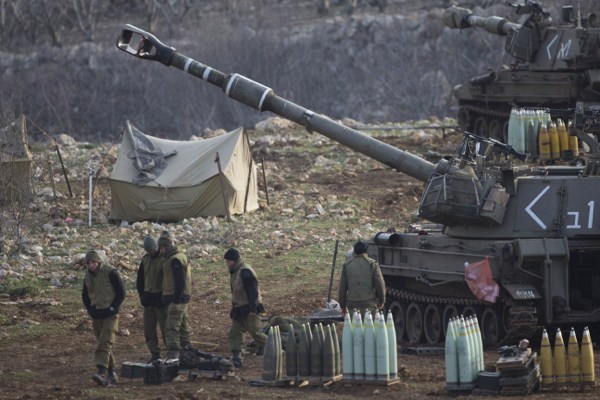The threat of another war between Hezbollah and Israel ticked up Wednesday, after two Israeli soldiers were killed in a missile attack on a convoy in the Shebaa Farms, a disputed area controlled by Israel along its border with Lebanon. In response to the attack, which Hezbollah quickly claimed responsibility for, Israel launched airstrikes and artillery into southern Lebanon, killing a Spanish peacekeeper serving with the United Nations monitoring force there.
The violence follows the Jan. 18 Israeli airstrike on the Syrian side of the Golan Heights that killed six Hezbollah fighters and an Iranian general. Hezbollah vowed to retaliate. But the fact that the missiles were fired on the disputed Shebaa Farms, rather than territory within Israel, initially suggested the relatively limited nature of the attack.
“By focusing it there, Hezbollah was probably sending a signal that they don’t want to escalate,” says Chuck Freilich, a senior fellow at the Harvard Kennedy School’s Belfer Center for Science and International Affairs. “But all bets are off.”

